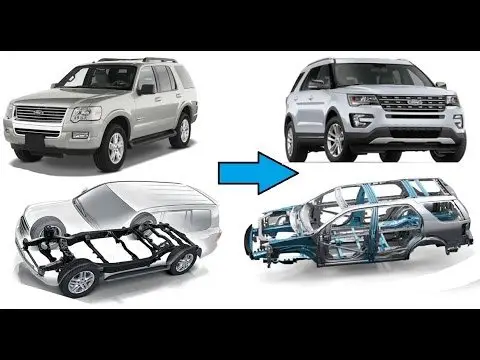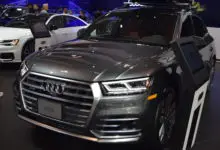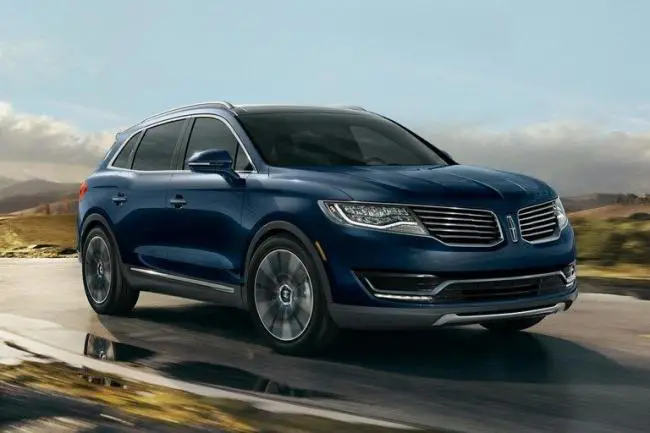What is a Crossover? Is it better than an SUV?
Deprecated: preg_split(): Passing null to parameter #3 ($limit) of type int is deprecated in /www/conquestvip_483/public/wp-content/themes/jannah/framework/functions/post-functions.php on line 871

Confused between the difference of a Crossover VS SUV? They’re pretty much the same – and the age of the SUV is upon us. There are a plethora of options available to Canadian drivers who are looking for a vehicle with a little more space, however, the most common questions that still seem to get asked are the following.
What is the real difference between a Crossover VS SUV?
Is an SUV worth the extra money compared to a car?
We’ve broken down the difference below for interested new car shoppers.
The difference between a Crossover VS SUV is in the frame!
You can go in depth and read many different articles that highlight the differences between the 2, but in layman’s terms, a crossover was built from a car’s frame (unibody), and an SUV was built off a truck’s frame.
What does that mean for you as a consumer? Nothing really, considering that now most modern SUV’s or Crossovers vary between these two vehicle chassis’ depending on the manufacturer. The term ‘crossover’ is more of a successful marketing experiment than it is a different kind of vehicle. It helped SUV’s shake their traditional image of being bulky and gas guzzling which leads to the next point.

Does a Crossover have better fuel economy compared to an SUV?
The answer is simple- no. Whether car, truck, SUV, or crossover, every new vehicles is built with fuel economy as a top priority. As consumer reports states, a new car shopper is willing spend an additional $1000 for every $100 of gas they save a year. We all want to cut costs where we can, so most manufacturers use the same fuel efficient transmissions between all of their models and platforms. That being said-since crossovers tend to be built off of ‘car platforms’, they generally come with smaller 4 Cylinder Turbo engines. Great on fuel economy if you aren’t full with passengers or cargo- but once you add more weight, it begins to work harder. Bottom line, you shouldn’t opt for a crossover over an SUV specifically because you want better fuel economy.
Is an SUV/Crossover worth the extra $ on the monthly payment?
This is more of a subjective answer based on your personal circumstance, however, if you can afford an SUV or you are comparing it to a car which is relatively close in price, I recommend that you always opt for the larger option- the SUV. I’ve come across countless cases of clients who are forced to upgrade from a car to a larger vehicle to accommodate for a change in lifestyle, kids, or work. In unexpected cases like this, it is quite common to be forced into carrying negative equity (friendly automotive term for ‘debt’) into the payment of the new vehicle. There is more protection against this in a lease, however if you are financing you may have to carry more money over into the new vehicle than you wanted.
SUV’s/Crossovers tend to have higher resale value
As a rule of thumb, SUV’s/Crossovers tend to depreciate less quickly than a car. A few reasons include: they are more versatile due to the increased interior size, shoppers prefer the safety of being seated higher off the ground, insurance premiums tend to be cheaper, and most notably, there’s a whole market of pre-owned shoppers who wait for that SUV to be slightly less cheaper than it was new!
The Verdict
SUV’s have no ‘true’ unique advantage over crossovers in terms of fuel economy, price, and space. Some may say otherwise, but the truth is, most people aren’t going to be off-roading with either design. 90% of drivers will never push the design differences in the frame to the test. Purchase whatever model looks better and drives better to you. It’s that simple! If you’re ready to visit a dealership to try our a particular model, use our shopping tool to try out a crossover or SUV.

















